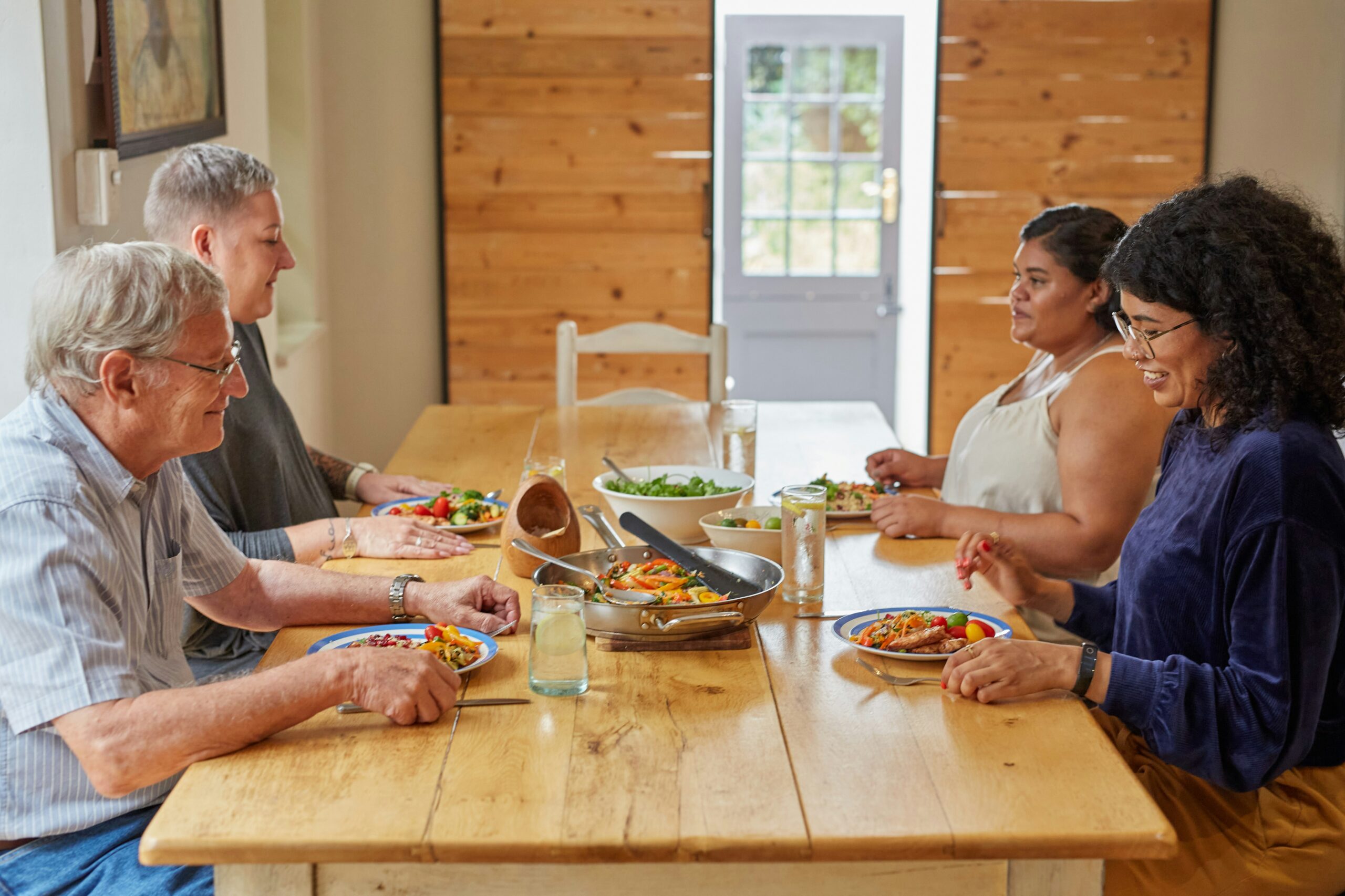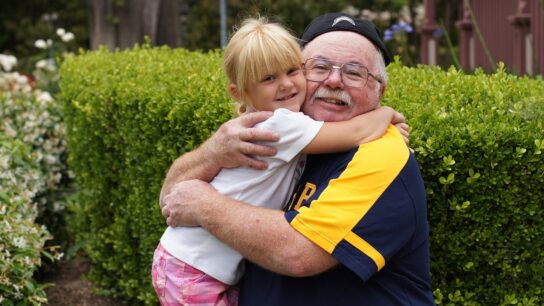If your parent has dementia or Alzheimer’s, you might be considering having them move in with you. Not an easy decision – there will be benefits, and there will be challenges. It may offer you security and the chance to provide hands-on care, but it will also disrupt the life you’ve been leading. If you have a spouse and children at home, it will also affect them.
Here’s a look at the pros and cons, which will also apply if you’re considering moving in with them.
Pros:
1. Closer Supervision and Care: If mom or dad is under your roof, you’ll know minute-to-minute what’s going on. This allows you to ensure they take their medications on time, eat nutritious meals, and receive assistance with daily activities.
2. Quality Time Together: Having your parent right there allows for more quality time together. You can engage in activities, share stories, watch shows, whatever – you’ll be creating lasting memories, as well as fostering a sense of connection and companionship.
3. Cost Savings: Moving a dementia parent into your home will cost less than putting them in a long-term care facility. Even if you spend money on home modifications, plus potentially hiring outside care givers to provide you some time off, you should still see a net savings versus a facility.
4. Emotional Support: Having an elderly parent live at your home allows you to be a constant source of emotional support and reassurance for them. The comfort and support you provide during difficult moments will give them a sense of security and familiarity.
Cons:
1. Increased Caregiver Stress: Caring for a parent with dementia can be physically and emotionally demanding, and having them full-time just increases the stress. Balancing your caregiving responsibilities with other obligations – such as work, your own family demands, and your personal life – can lead to burnout and exhaustion.
2. Disruption of Routine: Moving a dementia parent into your home will disrupt your established routine and lifestyle. For the last few decades you’ve been doing things the way you want, on your schedule. That’s going to change.
3. Impact on Family Dynamics: If you’ve got a spouse and perhaps even kids still at home, adding a dementia parent will have a significant impact on your family dynamics. And what about your own siblings who didn’t take mom or dad in? As you’re the one who stepped up, how are you going to feel if (when?) they start making suggestions about the care you’re providing?
4. Safety Concerns: Dementia can impair judgment and increase the risk of accidents and wandering behavior. Ensuring a safe environment for your parent may require home modifications, such as installing ramps and handrails, as well as removing tripping and fire hazards.
So if you’ve weighed all that and decided moving mom or dad is the right thing to do, here are some tips on Preparing for the Transition:
1. Educate Yourself: Take the time to educate yourself about dementia and its progression. Understanding the symptoms and challenges associated with the disease can help you anticipate and prepare for your parent’s care needs.
2. Seek Support: Don’t hesitate to reach out for support from family members, friends, and healthcare professionals. Joining a caregiver support group can provide you with valuable guidance, resources, and emotional support in your caregiving journey.
3. Set Boundaries: Establish clear boundaries and expectations with your parent and other family members to ensure a harmonious living arrangement. Communicate openly about roles, responsibilities, and caregiving decisions to minimize conflicts and misunderstandings.
4. Take Care of Yourself: Prioritize self-care and make time for activities that bring you joy and relaxation. You can’t take good care of your parent if you neglect your own physical and emotional well-being.
In conclusion, while moving a dementia parent into your home offers the opportunity for closer supervision, quality time together, and potential cost savings, it also presents challenges such as increased caregiver stress, disruption of routine, and safety concerns. By understanding these potential pitfalls and taking proactive steps to prepare for the transition, you can navigate the caregiving journey more effectively and provide the best possible care for your loved one.
What are your experiences? Please join our Message Board Forums to continue the discussion. Click Here



